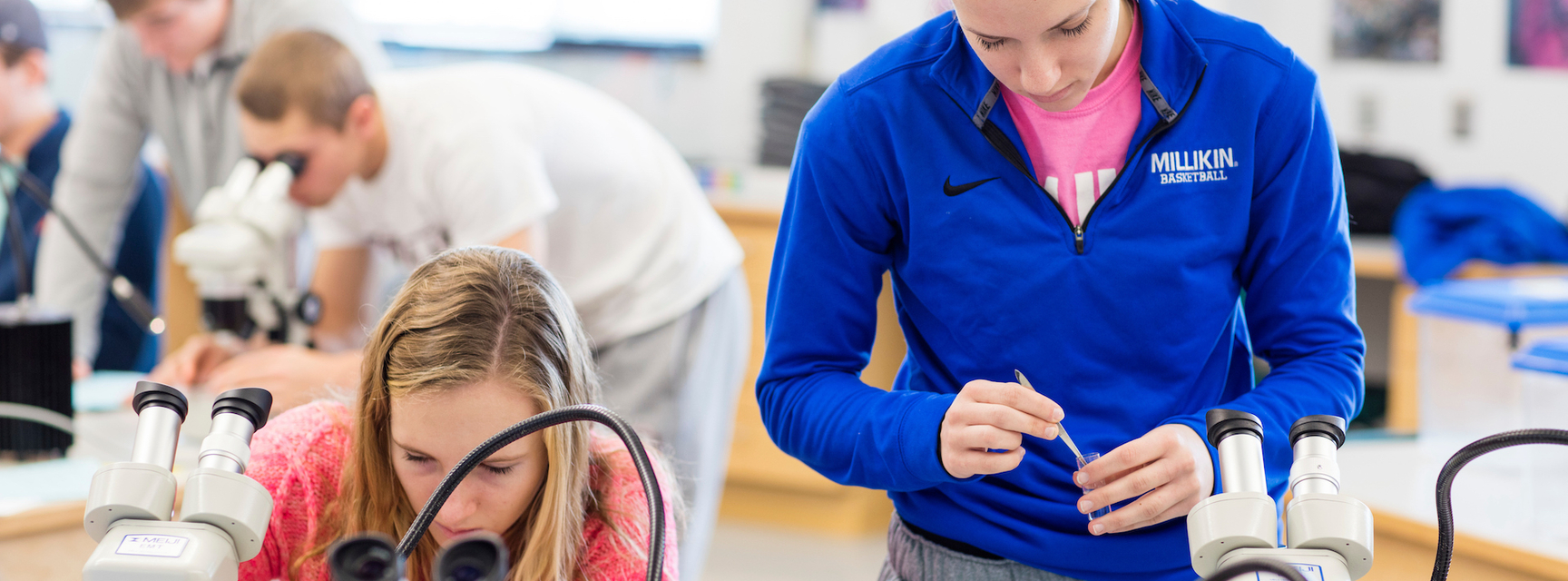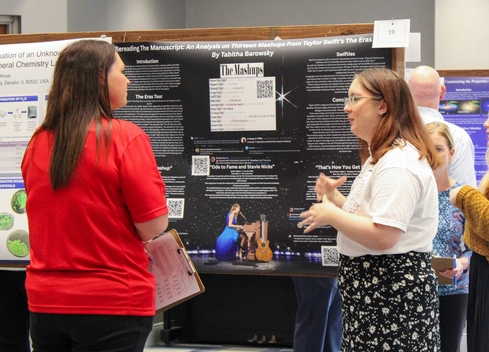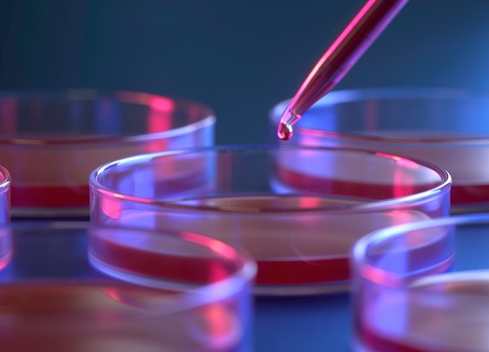Ecological Journey This is a travel course designed to familiarize students with principles of ecology in exotic or unusual environments, with an emphasis on identification of common species and interactions between species. Students are expected to attend all class sessions during the semester as well as make the extended field trip to the off-campus site, such as in Costa Rica, Alaska, and South Africa. Students are required to research and present information to the group about assigned sites before the trip. Students registered for BI 380 will also work together to design and carry out field investigations to be conducted on the trip, and to present the results of those investigations after the trip. Students are responsible for travel costs and for obtaining necessary documents and medical precautions for travel to the specific site. No pre-requisites for Biology 280: Biology 105/155 and 108/158 are pre-requisites for BI 380. Instructor consent is required for all students. This course counts as a lab science and as off campus study for the MPSL and is also a Biology category 1 or 2 class. (BI280) Genetics This course studies of structure, function and transmission of hereditary material. Topics in both lecture and laboratory include patterns of inheritance and statistical analysis; molecular, biochemical and microbial genetics; gene regulation, mutation and population genetics. Pre-requisites: Biology 105/155 and/or BI 108/158 or consent of instructor. Can count as Biology Content Category 5, Molecules/Cells or Category 6 Reproduction. (BI200) Immunology Theories and mechanisms of infection and immunity. A general course dealing with the nature of antigens, antibodies, immunologic reactions with consideration of antibody structure and the cellular, biochemical, and genetic basis of immunity. Allergic phenomena, autoimmune disease, transplantation, and cancer will be discussed. Laboratory exercises will involve both innate and acquired immune mechanisms. Pre-requisite: Biology 305/355. Biology Content Category 4 or 5. (BI312) Animal Behavior Analysis and description of behavior at both the proximate and ultimate levels in both invertebrates and vertebrates is stressed. Topics include proximate studies focusing on the roles of physiology, hormones, and genetics in shaping behavior. At the ultimate level, behavioral evolution is stressed with emphasis on adaptations and fitness consequences of behaviors. Topics such as learning and memory, defense, feeding, reproductive behavior, territoriality, parental care, communication, and social hierarchies are covered. An appreciation of Behavioral Ecology is emphasized. Class learning
goals include developing an understanding of the fundamental principles of animal behavior through class DISCUSSION, developing a comparative EVOLUTIONARY appreciation of animal behavior, and interpreting current literature on animal behavior. Laboratory learning goals include gaining insight into methods of behavioral research, APPLICATION of the scientific method, and effectively presenting research results in both oral and written format. Pre-requisite: BI105/155. (BI323) Vertebrate Biology The distribution, ecology, classification and evolution of vertebrates. Laboratory will include techniques for studying vertebrate populations, and the collection, preparation and identification of study specimens. Some Saturday field trips are planned. Pre-requisite: Biology 108/158 or consent of instructor. Alternate years. (BI325) Physiological Ecology Theories and mechanisms of the ecological relevance of physiological processes. An advanced course dealing with the nature of major physiological reactions and systems with specific consideration of how physiological variation at the individual level and physiological adaptation at the population level contribute to fitness. Complex ecological concepts such as the effects of disease and immunity on population dynamics, the influence of xenobiotics on fitness, and the integration of physiology and behavioral ecology will all be discussed. Throughout the course physiological adaptation and evolution will be the unifying theme. Prerequisites: BI206 and 2207 or BI306 or BI314 or Instructor's Consent (BI335) Conservation Biology This course provides an introduction to conservation biology, and will focus on the earth’s biological diversity, threats to its biological diversity, how threats influence populations and species, and solutions to dealing with those threats. (BI340) Evolution Evolutionary history prior to Darwin; Darwin and natural selection; population genetics; molecular evolution; evolution of sex; altruism and group selection; speciation and macroevolution, human origins and evolution. Lecture only. Pre-requisite: Biology 300/350 or consent of instructor. (BI404) |






